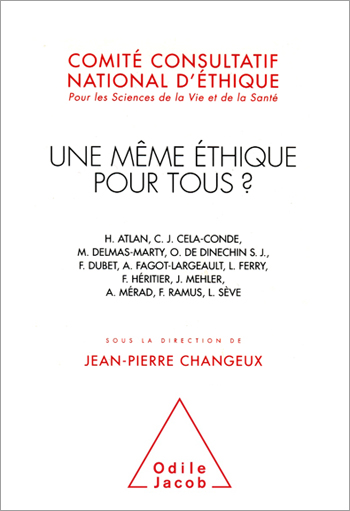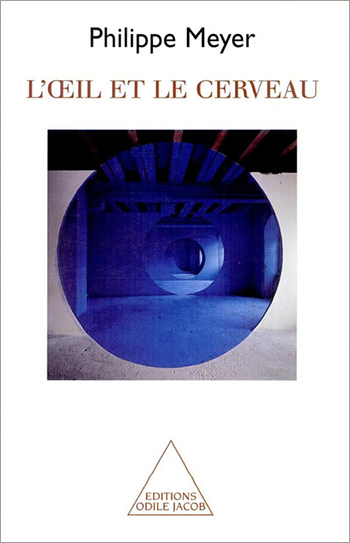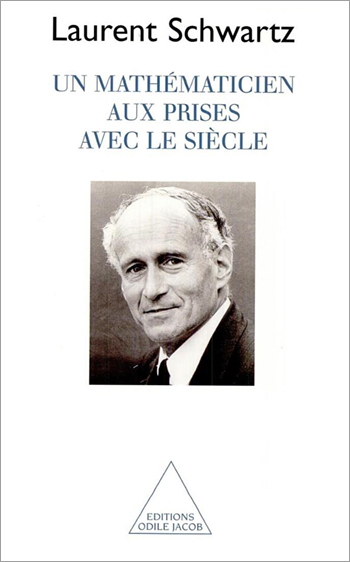Science All books
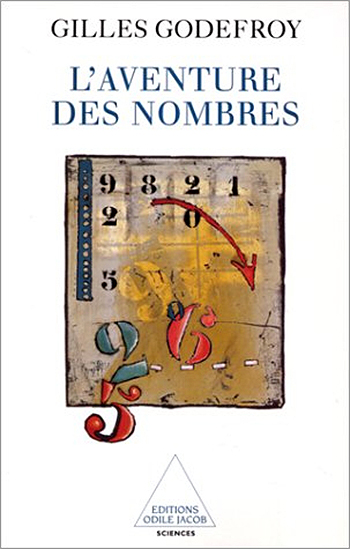
Gilles Godefroy
The Adventure of Numbers
Numbers never cease to fascinate. The Adventure of Numbers recounts the history of the gradual discovery of numerical characteristics, from the early days of arithmetic to the most sophisticated recent issues: Could a robot be created that would reduce all mathematics to simple sums? Are we sure that arithmetic does not conceal contradictions? Can all mathematical truths be demonstrated? The surprising answers given by Gilles Godefroy are the latest in an on-going saga that will doubtless continue to astound us. Mathematician Gilles Godefroy is a research director at the French Centre National de la recherche scientifique (CNRS).
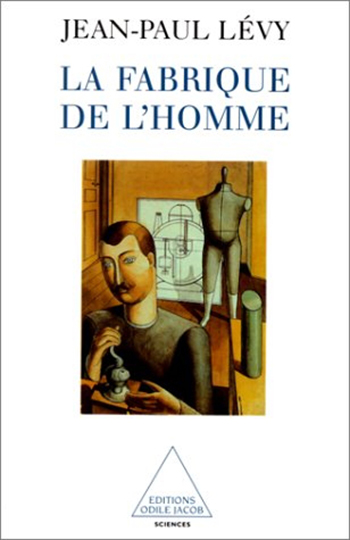
Jean-Paul Lévy
The Making of Man
Jean-Paul Lévy's book is marked by a resolutely materialistic reflexion, characteristic of biologists : the only thing that distinguishes man from all other living things is the capacity to reason. From this prospective, he explains how a human body is constructed, how and why it produces thoughts and why, one day, it finally ceases to function and dies. His thought process leads to a materialistic solution of the problem of the union of the body and soul. Jean-Paul Lévy is a hematologist and immunologist. He heads France's National Agency for AIDS Research
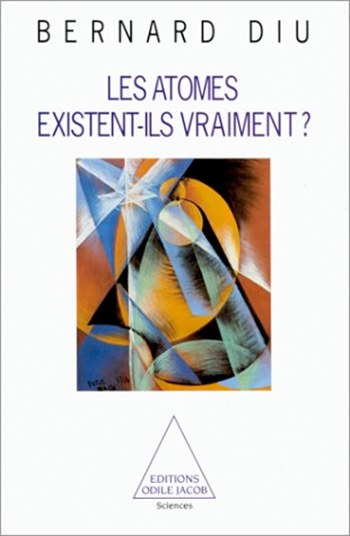
Bernard Diu
Do atoms really exist ?
Few scientific notions have aroused the speculative imagination like the thermodynamic entropy. All organised systems - societies, living creatures - are destined without exception to decline and eventual death. This book clearly exposes the historical and conceptual development of thermodynamics. Born from a desire to understand and master steam powered machines - the symbol of our industrialised societies - it became the science of the human body. However, it was suddenly passed over in favour of the theory of atoms. It was thus demolished by statistical mechanics which ceded to the imperatives dictated by the atomical structure of the body. After an epic struggle, sometimes quite ferocious, thermodynamics and statistical mechanics have been reconciled by adopting the base of the second with the techniques of the first. This book reads like a novel about contemporary physics. Bernard Diu, a graduate of the Ecole Normale Supérieur, is a professor at the University of Paris VII.

